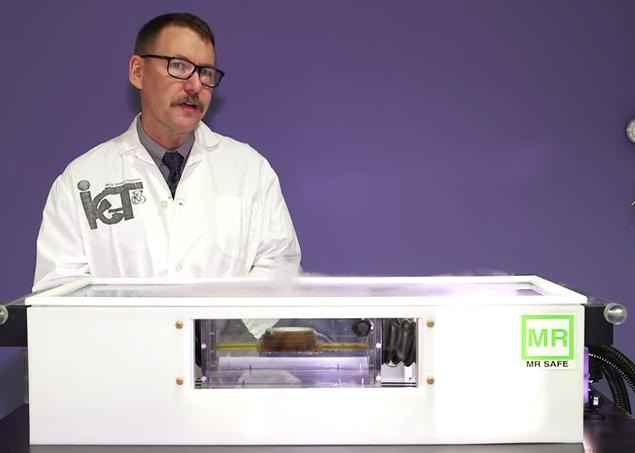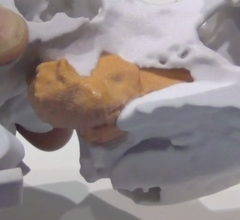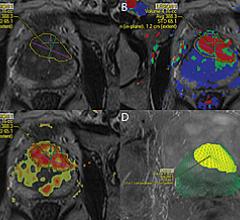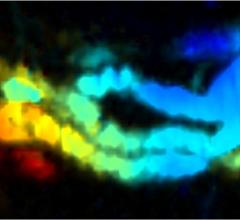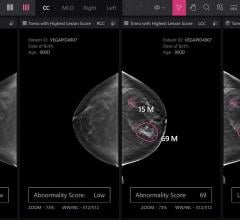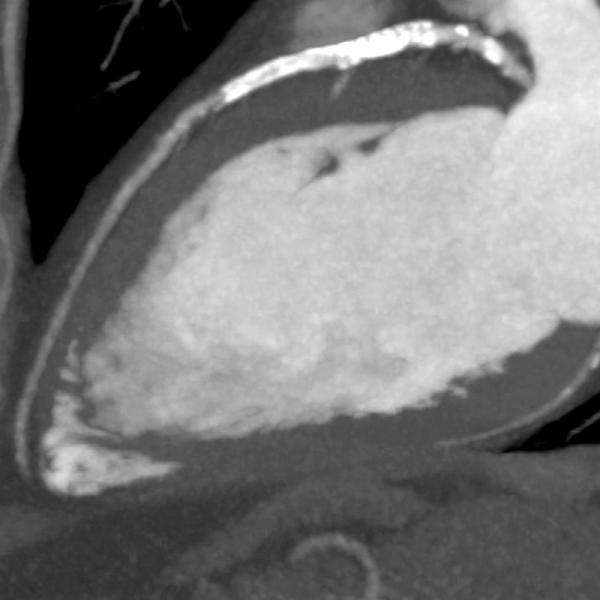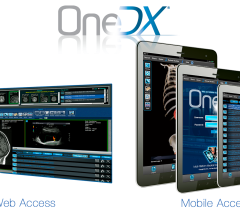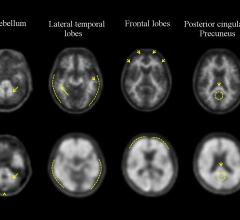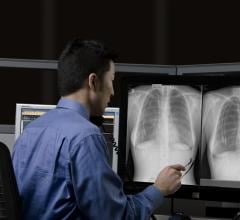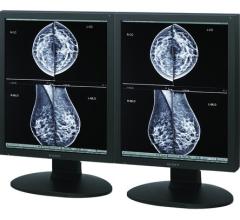Spellman High Voltage Ltd. announced that it has received a certificate of qualification from Underwriters Laboratories Inc. (UL) stating that the company has been assessed and found eligible to participate in UL's Client Test Data Program (CTDP).
TeraMedica announced the completion of its Evercore Vendor Neutral Archive (VNA) installation for the public health system in New South Wales (NSW), Australia, supporting one of the largest health imaging exchanges (HIEs) worldwide.
A team of doctors at The Hospital for Sick Children (SickKids) in Ontario, Canada, have, for the first time in North America, successfully destroyed a bone tumor using high-intensity ultrasound guided by magnetic resonance imaging (MRI), rather than traditional surgery.
Radiology departments have many different needs and face a wide variety of challenges that can impact their departments ...
August 15, 2014 — The National Institutes of Health (NIH) has launched the NIH 3-D Print Exchange, a public website that enables users to share, download and edit 3-D print files related to health and science. These files can be used, for example, to print custom laboratory equipment and models of bacteria and human anatomy.
August 14, 2014 — Oncologists at UC San Diego Moores Cancer Center are the first in San Diego to meld magnetic resonance imaging (MRI) technology with a traditional ultrasound prostate exam to create a 3-D map of the prostate that allows physicians to view growths that were previously undetectable.
August 14, 2014 — A multi-institutional team of researchers has developed a new nanoscale agent for imaging the gastrointestinal (GI) tract. This safe, noninvasive method for assessing the function and properties of the GI tract in real time could lead to better diagnosis and treatment of gut diseases.
Despite decades of progress in breast imaging, one challenge continues to test even the most skilled radiologists ...
August 14, 2014 — Toshiba Medical Systems Europe will introduce the SURE Subtraction Coronary software at the 2014 European Society of Cardiology (ESC) Congress in Barcelona, to be held Aug. 30 to Sept. 3.
Approximately 70 percent of the recent decline in healthcare spending growth from 2009-2011 was due to the economic downturn, and not to other factors such as health sector responses to the Affordable Care Act, according to a new study published in the August issue of Health Affairs.
OneDX, the mobile medical imaging management solution from The New Medical Product Server, is providing patients and physicians with unfettered access to medical images, allowing images from picture archiving and communication systems (PACS) and vendor neutral archive (VNA) platforms to be viewed and shared from a computer or any mobile device.
Bayer Radiology’s Barbara Ruhland and Thom Kinst discuss how radiology departments can address the many different ...
Piramal Imaging announced that WVU Healthcare in West Virginia, is the first center in the United States to perform commercial scans using Neuraceq.
August 13, 2014 — ECRI Institute’s SELECTplus User Experience Network recently polled hundreds of MRI (magnetic resonance imaging) system users on a variety of criteria, including image quality, coil selection and setup, ease of use, patient throughput and vendor support. The survey results include function, feature and service ratings for each model, grouped by vendor to show how each vendor’s product line fares in each category.
Konica Minolta Medical Imaging is partnering with SonoSim to provide an integrated ultrasound training solution for the Sonimage P3 hand-held ultrasound system.
eHealth Saskatchewan plays a vital role in providing IT services to patients, health care providers, and partners such ...
Scientists now have a better understanding of how short DNA strands decompose in microseconds.
Canon U.S.A. Inc. is showcasing its line of radiology offerings at the 2014 American Healthcare Radiology Administrators Exposition (AHRA) at Gaylord National Resort & Convention Center in Washington, D.C., Aug. 11-13, 2014.
July 12, 2014 — Dilon Technologies announced it obtained CE mark approval for its Navigator gamma probe system. The CE mark allows Dilon to begin marketing the device throughout the European Union. Dilon has expanded its distribution into the majority of European countries and has already received the first orders.
August 12, 2014 — Elekta and Philips Healthcare announced The Christie NHS Foundation Trust, a specialist cancer center based in Manchester, England, will join a consortium whose mission is to develop the clinical value of an integrated magnetic resonance imaging (MRI)-guided radiation therapy system. Such a system would, in principle, improve the practice of radiotherapy via real-time visualization of cancer targets.
August 12, 2014 — New technology installed at the Medical University of South Carolina (MUSC) Hollings Cancer Center in Charleston offers patients a nonsurgical, specialized form of treatment that can be completed in five or fewer outpatient sessions, each lasting 20 minutes or less. The first patient will be treated on Aug. 13.
August 12, 2014 — Sony Electronics’ Medical Systems Division is showcasing its full line of approved radiology monitors, including the LMD-DM50, LMD-DM30C and LMD-DM30 models, at the 2014 annual meeting of the Association for Medical Imaging Management (AHRA) in Washington, D.C.
Attendees at the Association of Medical Imaging Management (AHRA) Meeting and Exposition will have the opportunity to see the latest entries to the growing line of 14x17 inch wireless flat panel detectors by Rayence, the new 1417WCC (Csl) and 1417WGC (Gadox).
Fujifilm Medical Systems U.S.A. Inc. is highlighting its growing digital radiography and women’s healthcare portfolio at the American Healthcare Radiology Administrators (AHRA) annual meeting held Aug. 11–13 at the Gaylord National in Washington, D.C.

 August 15, 2014
August 15, 2014 

